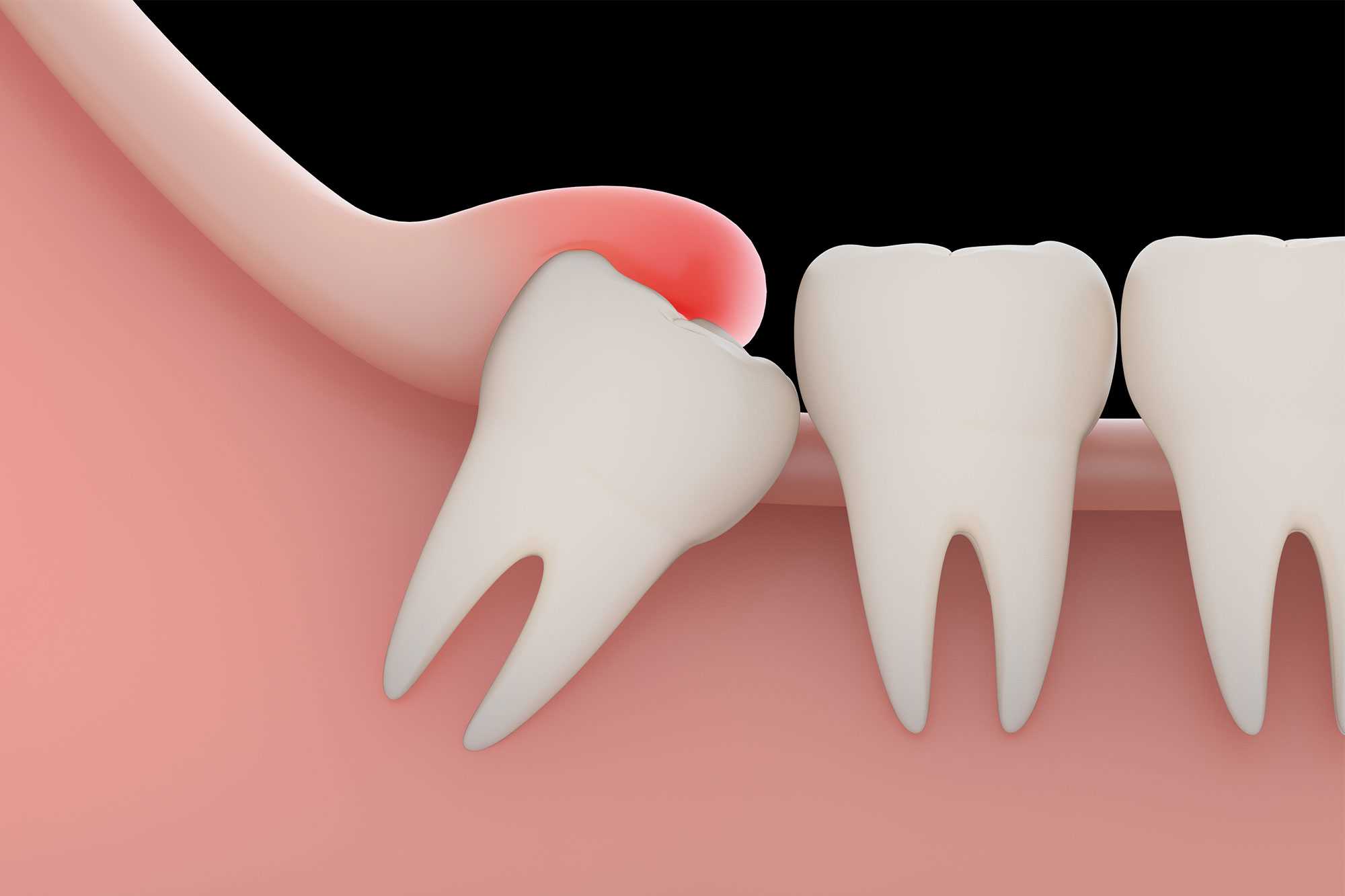The Best Guide To Tooth Extraction
Overview Knowledge tooth removal is an operation to remove several wisdom teeth the four permanent adult teeth found at the back corners of your mouth on the top and also bottom. If a wisdom tooth does not have room to grow (influenced knowledge tooth), resulting in pain, infection or various other dental problems, you'll likely need to have it drew.
To avoid prospective future issues, some dental practitioners as well as dental cosmetic surgeons suggest wisdom tooth removal also if impacted teeth aren't currently creating problems. Why it's done Wisdom teeth, or 3rd molars, are the last long-term teeth to appear (emerge) in the mouth. These teeth generally appear between the ages of 17 and also 25.

For others, knowledge teeth erupt normally just as their other molars did as well as create not a problem. Lots of people establish affected wisdom teeth teeth that do not have adequate space to emerge right into the mouth or establish normally. Influenced wisdom teeth might emerge only partially or not whatsoever. An impacted wisdom tooth may: Expand at an angle toward the next tooth (2nd molar) Grow at an angle toward the rear of the mouth Expand at a right angle to the various other teeth, as if the wisdom tooth is "lying down" within the jawbone Grow directly up or down like various other teeth however stay entraped within the jawbone Issues with affected wisdom teeth You'll likely need your impacted knowledge tooth pulled if it leads to problems such as: Discomfort Trapping food and also particles behind the knowledge tooth Infection or periodontal illness (gum condition) Tooth degeneration in a partly emerged knowledge tooth Damage to a close-by tooth or surrounding bone Advancement of a fluid-filled cavity (cyst) around the knowledge tooth Complications with orthodontic treatments to correct the alignment of other teeth Stopping future oral problems Oral experts differ regarding the worth of drawing out impacted knowledge teeth that aren't causing problems (asymptomatic).
The Best Strategy To Use For Wisdom Teeth Removal
However, here's the reasoning for precautionary removal: Symptom-free wisdom teeth can still harbor illness. If there isn't adequate area for the tooth to emerge, it's frequently tough to reach it and also clean it correctly. Severe difficulties with wisdom teeth occur much less usually in younger adults. Older adults might experience problem with surgical procedure as well as difficulties after surgical treatment.
Nonetheless, removal of influenced knowledge teeth periodically needs a surgical strategy that entails making an incision in the periodontal tissue and also removing bone. Rarely, complications can consist of: Unpleasant completely dry outlet, or direct exposure of bone when the post-surgical embolism is shed from the site of the medical injury (outlet) Infection in the socket from bacteria or trapped food particles Damage to close-by teeth, nerves, jawbone or sinuses How you prepare Your dental expert might carry out the procedure in the workplace.

Along with making the area numb with anesthetic, your doctor may suggest sedation to permit you to local cosmetic dentist be extra comfy throughout the procedure. Inquiries to ask Inquiries you might wish to ask your dental practitioner or oral cosmetic surgeon consist of: Just how lots of knowledge teeth need to be removed What sort of anesthesia will I receive How challenging do you anticipate the treatment to be The length of time is the procedure likely to last find a periodontist Have actually the influenced knowledge teeth caused damage to various other teeth Exists a risk that I might have nerve damage What various other oral therapies could I require at a later day For how long does it perfect wisdom teeth take to completely recover as well as return to normal task Getting ready for surgical procedure A wisdom tooth extraction is virtually always done as an outpatient treatment.

Facts About Tooth Removal Uncovered
You'll get directions from the medical facility or oral facility personnel on what to do prior to the surgical procedure and also the day of your scheduled surgical treatment. Ask these questions: Will certainly I need to make plans for a person to drive me residence after the treatment When do I require to show up at the dental facility or medical facility Do I need to stay clear of consuming food or drinking fluids or both (quick) If so, when do I begin Can I take my prescription medications prior to the surgical procedure If so, exactly how soon prior to the surgery can I take a dose Must I prevent any type of nonprescription drugs before the surgery What you can expect Throughout the treatment Your dental expert or oral cosmetic surgeon may make use of among 3 types of anesthesia, depending on the expected complexity of the wisdom tooth removal and your convenience degree.
Your dental professional or dental surgeon carries out local anesthetic with one or more shots near the site of each extraction. Before you receive an injection, your dental expert or surgeon will likely use a compound to your gum tissues to numb them. You're awake throughout the tooth removal. Although you'll feel some pressure and activity, you should not experience pain.
:max_bytes(150000):strip_icc()/xray-of-mouth-and-braces-on-teeth-of-13-year-old-boy-934466544-94531f37991a457b9e716e7870962e45.jpg)
Your dentist or oral specialist offers you sedation anesthetic through an intravenous (IV) line in your arm. Sedation anesthetic subdues your awareness throughout the treatment. You don't feel any type of discomfort and also will certainly have restricted memory of the procedure. You'll additionally obtain regional anesthetic to numb your gums. General anesthesia. In special scenarios, you may be used general anesthesia.